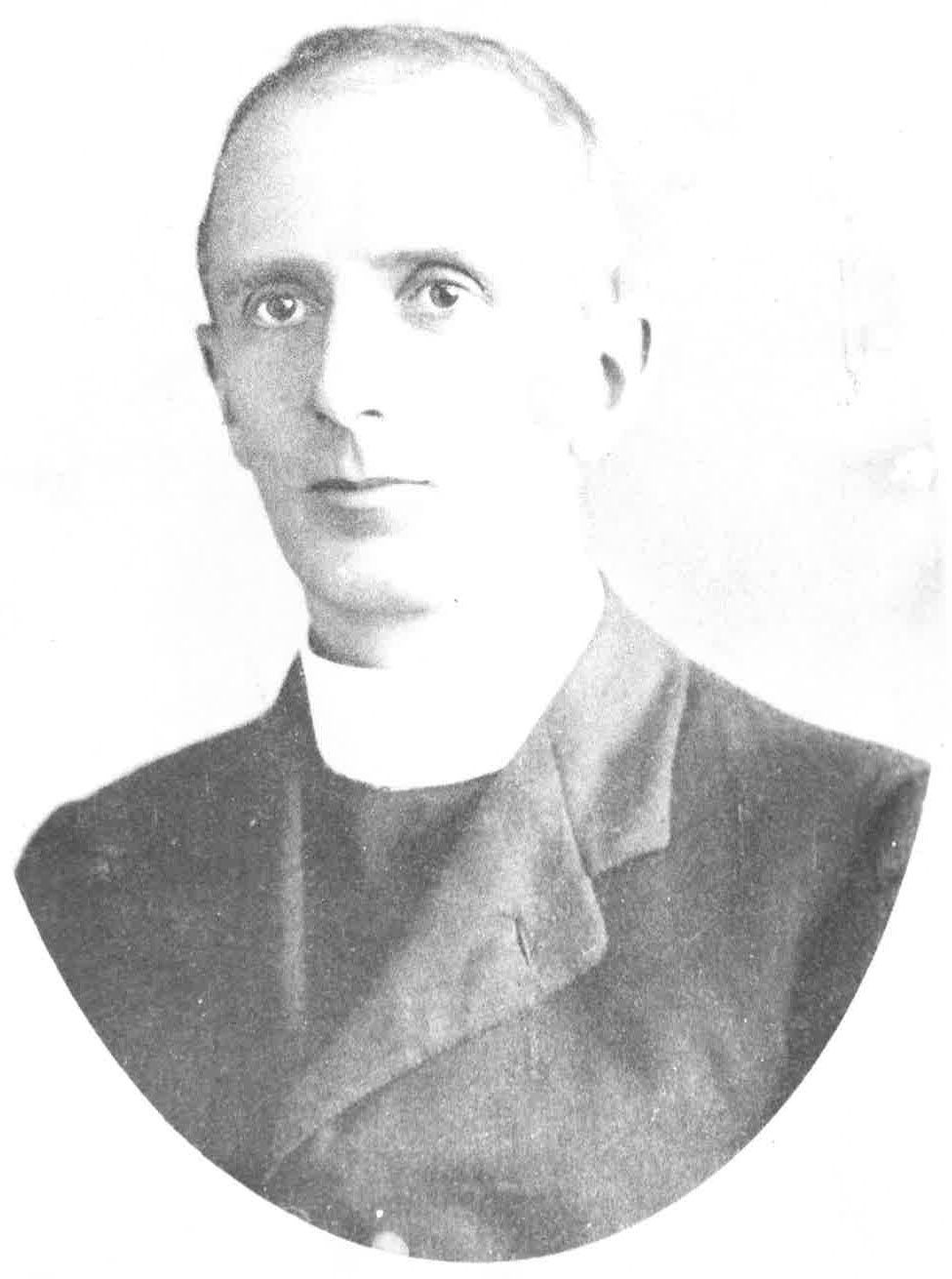John Iredale Tonge
TKS 1932 - 1933
FORENSIC PATHOLOGIST

Matriculating to Sydney University after completing his schooling as a member of School House, John graduated with a Bachelor of Medicine, Bachelor of Surgery in 1939. Following a residency at Royal Prince Alfred Hospital, John joined the Royal Australian Army Medical Corps in December 1940 and assisted in the establishment of the Blood Bank in Sydney. After serving in various hospitals John was stationed on the Atherton Tableland as a pathologist and after taking command of the 104th Australian Mobile Bacteriological Laboratory, he served in New Guinea and New Britain.
In 1945 John was ordered to undertake research into malaria initially at Wewak before being transferred to the Malaria Research Unit at Cairns where he remained until being discharged the following year.
Following a year as a pathologist in the Department of Microbiology and Pathology in Brisbane John was appointed the Director in 1947, a position he held until his retirement in 1979. As Director, John was responsible for expanding the Government Laboratory, introducing new services such as a tuberculosis laboratory and improving forensic services. As a result of this, the Queensland Institute of Forensic Pathology opened in 1961.
John’s particular interests were sudden infant death syndrome, road trauma and aviation pathology. He used his position to lobby the Queensland Government to introduce legislation that would eventually establish protocols for autopsies in the event of a sudden infant death, see limits imposed on the blood alcohol levels of drivers (1963), the wearing of helmets by motor cycle riders (1970) and the wearing of seat belts in vehicles (1972).
As a founder of the Royal College of Pathologists of Australasia, John was President from 1959-61. As an educator, he lectured in Forensic Medicine at the University of Queensland for over thirty years and in his retirement he served on various committees and boards including Queensland Sudden Infant Death Research Foundation, the Queensland Bush Children’s Health Service, and the Queensland Institute of Technology.
In 1980 John was made a Companion of the British Empire for his services to health and the community. In recognition of his dedication to the progress of pathology and forensic sciences, he was recognised by Queensland Health in 1992 with the establishment of the John Tonge Centre as the State’s main centre for pathology and coronial services.
Photograph kindly reproduced from the Trinity College Archives Kew Victoria.